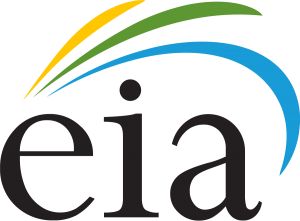 A new Energy Information Administration (EIA) study has found that U.S. petroleum refineries would be able to produce gasoline with a higher minimum octane rating (95 Research Octane Number, or “RON”) beginning in 2022 without using more ethanol meet such an octane standard.
A new Energy Information Administration (EIA) study has found that U.S. petroleum refineries would be able to produce gasoline with a higher minimum octane rating (95 Research Octane Number, or “RON”) beginning in 2022 without using more ethanol meet such an octane standard.
The study, conducted by oil industry consulting firm Baker & O’Brien, determined “refiners would simply increase reformer severity to produce higher octane gasoline blendstock, which would then be blended with 10% ethanol…to meet the minimum 95 RON gasoline requirement.”
“This study confirms that a 95 RON requirement by itself would do nothing to expand the market for ethanol, even though ethanol will continue to reign as the cheapest and cleanest source of octane available on the market,” said Renewable Fuels Association (RFA) President and CEO Geoff Cooper said. “Rather than using ethanol to boost octane, refiners would choose to run their reformers more intensively to increase production of higher octane hydrocarbons, many of which are highly toxic and would worsen air quality. However, if implemented alongside of—not in lieu of—the Renewable Fuel Standard, a 95 RON requirement could provide new market opportunities for America’s ethanol producers and farmers, as refiners would be compelled to do the right thing and choose ethanol as the primary means of raising octane levels. Still, to truly deliver the efficiency gains and emissions reductions needed in the future, a high octane, low carbon fuel with 98-100 RON would be a much better option.”

